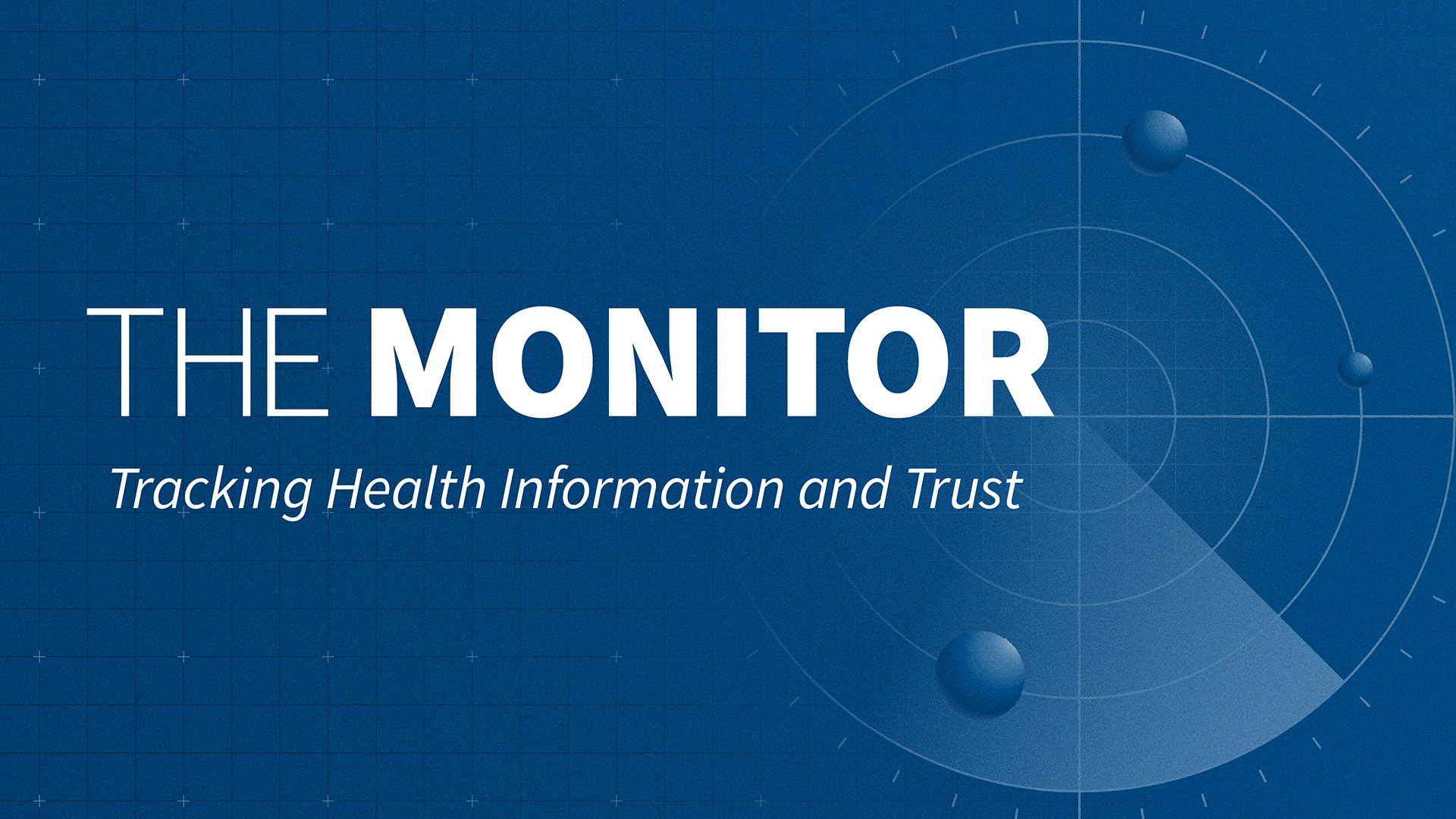COVID Vaccine Concerns and Claims About Ivermectin as Cancer Treatment — The Monitor
This volume covers recent claims about COVID vaccine safety after a new study describes a rare condition it calls “post-vaccination syndrome” (PVS). It also investigates the false claim that ivermectin can treat cancer and highlights the re-emergence of concerns online about Gardasil, and its alleged mortality rate.
